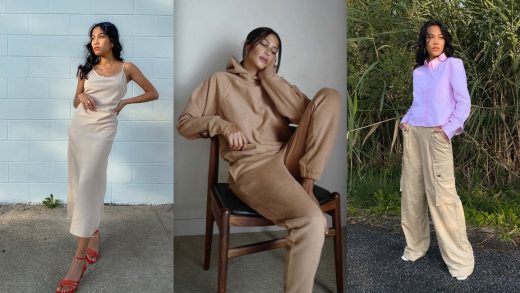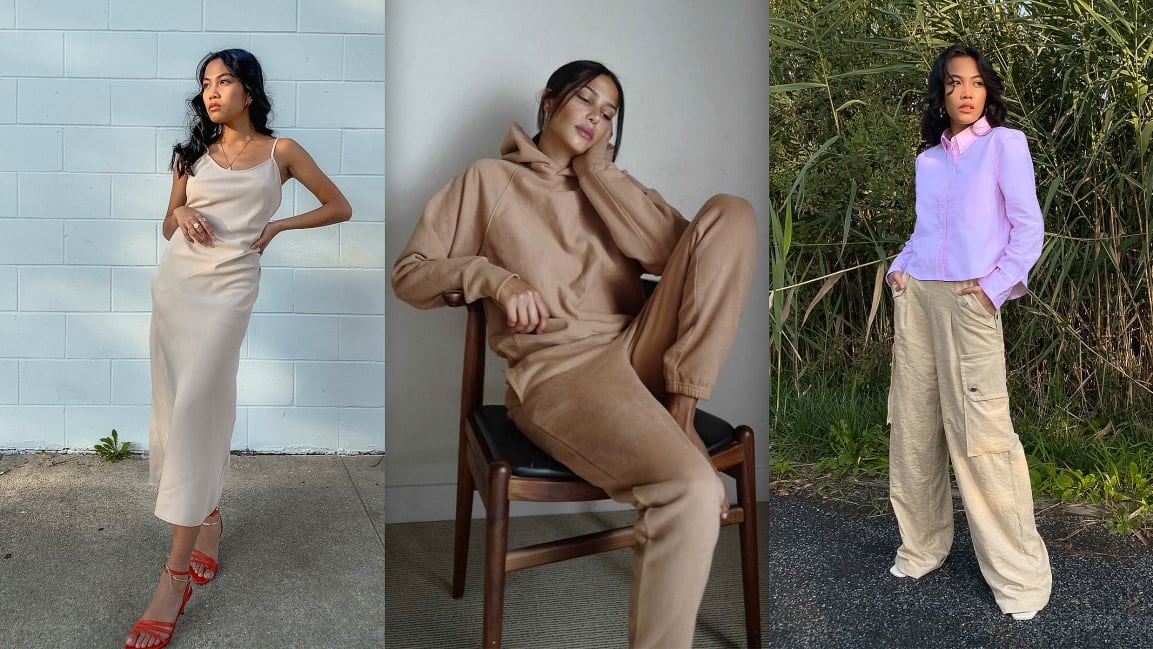Can sweatpants ever be high fashion? Thakoon is here to persuade you
When the pandemic hit in the United States, the tectonic plates of fashion shifted. With nowhere to go, Americans stopped needing new clothes for work or events, and clothing sales dropped by 79%. Instead, they opted for the comfiest clothes on the market: sweatpants, which saw an 80% spike in sales.
In a stroke of luck, designer Thakoon Panichgul—whose gowns have been worn by everyone from Michelle Obama to Sarah Jessica Parker—had just designed his first-ever sweats. He applied his 15 years of expertise as a runway designer to create tailored joggers made from a soft brushed cotton. The $95 sweatpants debuted right as the lockdowns began.
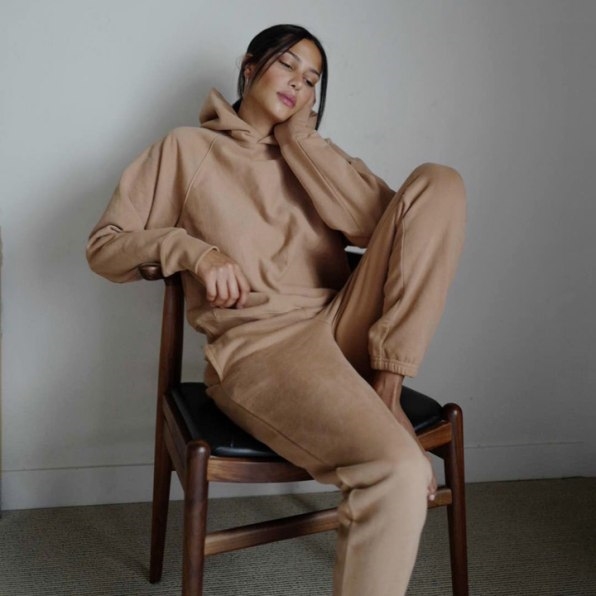
Panichgul couldn’t have predicted COVID-19 would arrive this year, making loungewear more popular than ever. But he did have an inkling that fashion was undergoing a broader transformation, as consumers have increasingly become less interested in expensive, trendy runway looks and more interested in classic, comfortable garments. That’s why he shuttered his high-end label, Thakoon, three years ago and launched a startup of the same name last year centered on affordable, easy-to-wear basics. “I had a sense that fashion was pivoting from the fanciful to the more pragmatic and comfortable,” he says. “The question I’m tackling is: Can we make comfortable clothes with a designer perspective, making them a bit more tailored and exciting?”
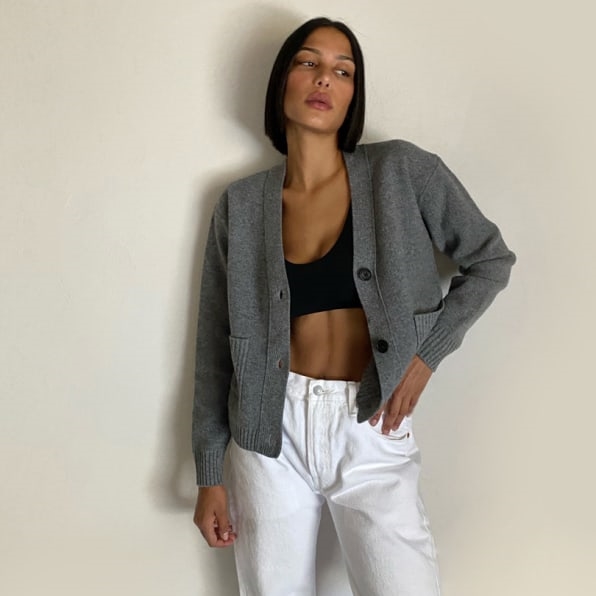
Ultimately, Panichgul’s pivot has been his saving grace. Thakoon CEO Matt Scanlan says the brand’s sales dipped by 10% in the first three months of the pandemic, then bounced back to make up the difference over the next three. Sales are flat this year compared to last, but Panichgul and Scanlan are grateful there hasn’t been a loss, particularly when so many other brands are being forced to lay people off. For Thakoon, sales of items such as leather shoes have been lackluster, but the high demand for sweatpants, hoodies, and T-shirts has made up for it. While the brand had been planning to open a brick-and-mortar store at some point, it hadn’t signed a lease yet, which meant it wasn’t affected by retail closures. “It was a heavy dose of luck,” Scanlan says. “You’re either prepared for something you couldn’t possibly have predicted, or you’re not.”
While the pandemic has pummeled the fashion industry, Scanlan believes it has also created new opportunities for startups. Historically, it’s been hard for smaller players to compete with the leviathans of the industry: Department stores had the power to decide which designers would survive, while established brands such as Brooks Brothers and J.Crew had massive networks of brick-and-mortar stores. Over the last few months, many of the biggest names in retail have declared bankruptcy. While there is less VC money available for apparel startups, Scanlan says if brands are smart about managing cash flow, it’s a good time to take on incumbents. “The industry is clearing up,” Scanlan says. “There’s opportunity for new people to enter, and for people who are there, there’s infinite opportunity to grow.”
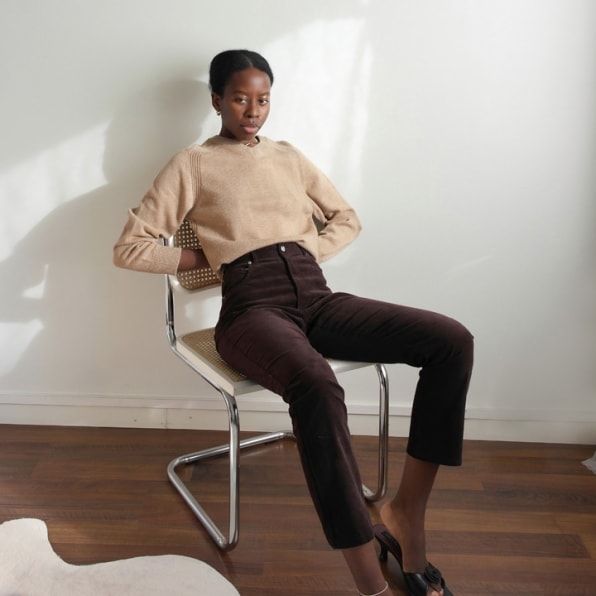
But even though Thakoon has so far weathered the crisis, Panichgul and Scanlan don’t want to take any chances given the economic uncertainty ahead. For starters, they’re rethinking how much the brand should spend on marketing. Over the last few years, many DTC startups spent astronomical amounts on social media marketing to acquire more customers, which made it hard to become profitable. Scanlan is taking a more conservative, organic approach to growth, for instance by creating content for Instagram and newsletters. “It’s actually a great time to experiment,” says Scanlan. “We played around with our marketing dollars and found that Thakoon already has a loyal customer base, so we can lean into that.”
Panichgul believes that the key to success in the post-COVID world is to stay attuned to the needs of the customer. In an interview last year, he told me that in the world of high fashion, the designer is supposed to dream up a runway collection that inspires trends. But Panichgul now sees his role as cocreating with his customer. He takes cues from what women actually want to wear, then uses his expertise to ensure these pieces are flattering, elegant, and well-tailored. “I’m interested in designing for comfort and wearability, without forsaking design and quality,” says Panichgul. “After all, my job is to create clothes that actually fit into women’s lives, not the other way around.”
(27)

